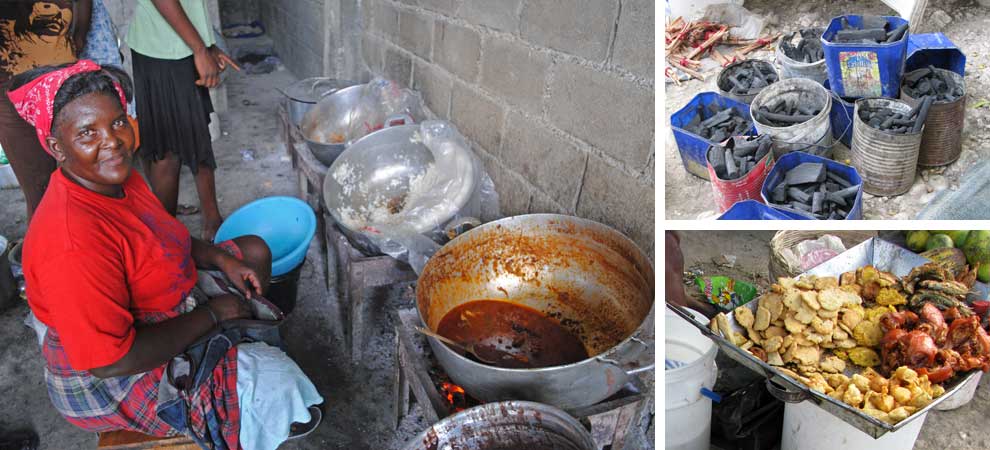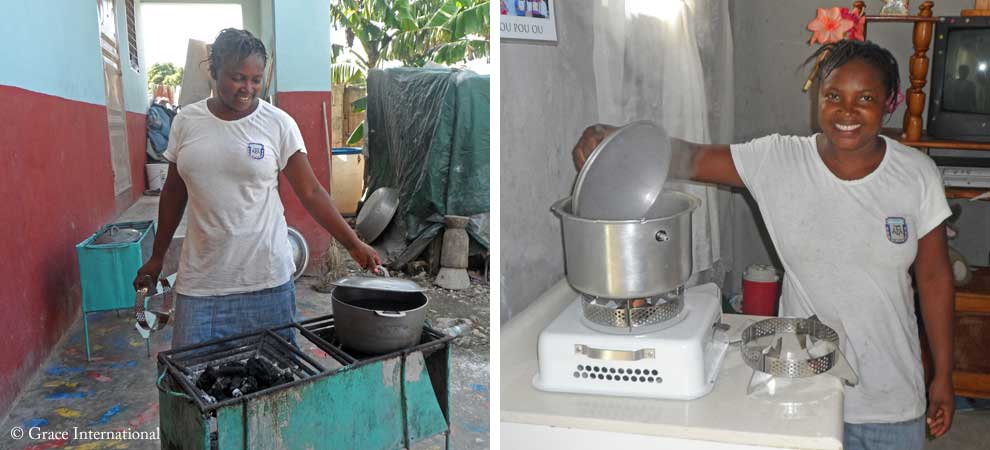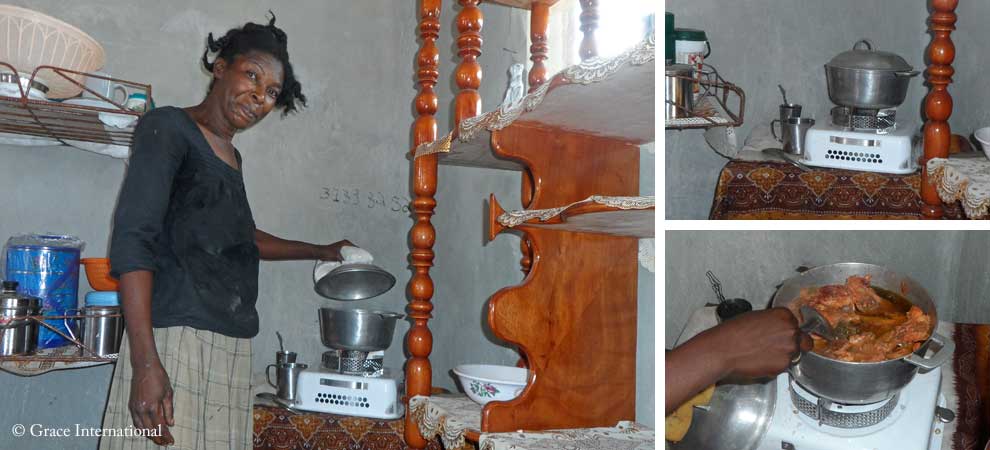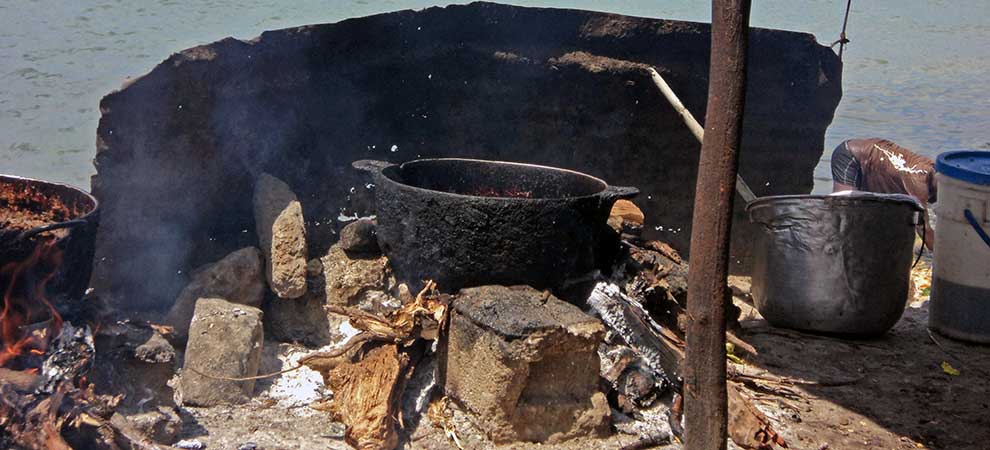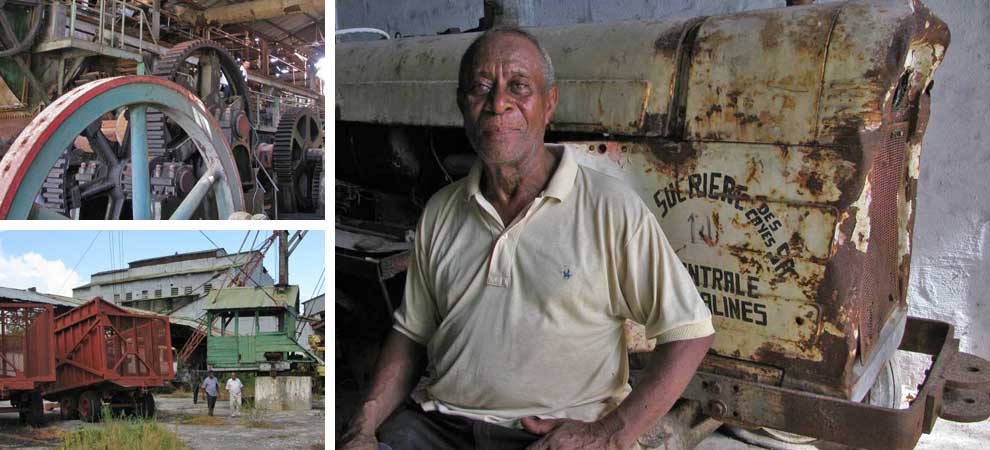Extreme Deforestation
Less than 2% of Haiti’s forest cover remains — but Haitians continue to depend on charcoal and firewood, both polluting fuels that have devastated the environment of both Haiti and the Dominican Republic. Haiti is a case of extreme energy poverty – one which calls for sustainable & domestic fuel solutions.
Homegrown Energy
Haiti was once a leading alcohol-producing nation but currently produces only a fraction of its potential. Project Gaia believes that sugarcane mills and alcohol distilleries represent a ready infrastructure for a clean energy future. Ethanol produced from sustainable domestic products can be cost-competitive with charcoal, kerosene, and LPG in Haiti.
Ready for Commercialization
Project Gaia and partners are working to commercialize the stove and fuel, revitalize local agriculture, diversify crops, build industry, and lay the groundwork for a sustainable supply of fuel production both internationally and locally. We are working closely with the Haitian company Novogaz, as our local partner on the ground, for the dissemination of clean ethanol stoves and fuel. The US ethanol producer, POET, one of the world’s largest ethanol producers has helped to catalyze the Haitian market with the first batch of donated ethanol. POET is continuing to provide technical support to all partners and actively engage in seeing the market for clean fuel in Haiti become a commercial success. The first rollout of stoves and fuel began in early 2015.
Fact: Our studies show that switching from wood or charcoal to ethanol can save women an average of 2.5 hours of cooking per day.
About Haiti
- Population | 10 million
- 54% living on < $1 per day
- 95% burn solid fuels
- 6.3% have access to clean fuels
- 98% Deforested
Our Work
- Ethanol Stove Study
- Microdistillery Project
- Public Private Partnership
- Commercialization
- Supply Chain Mapping

